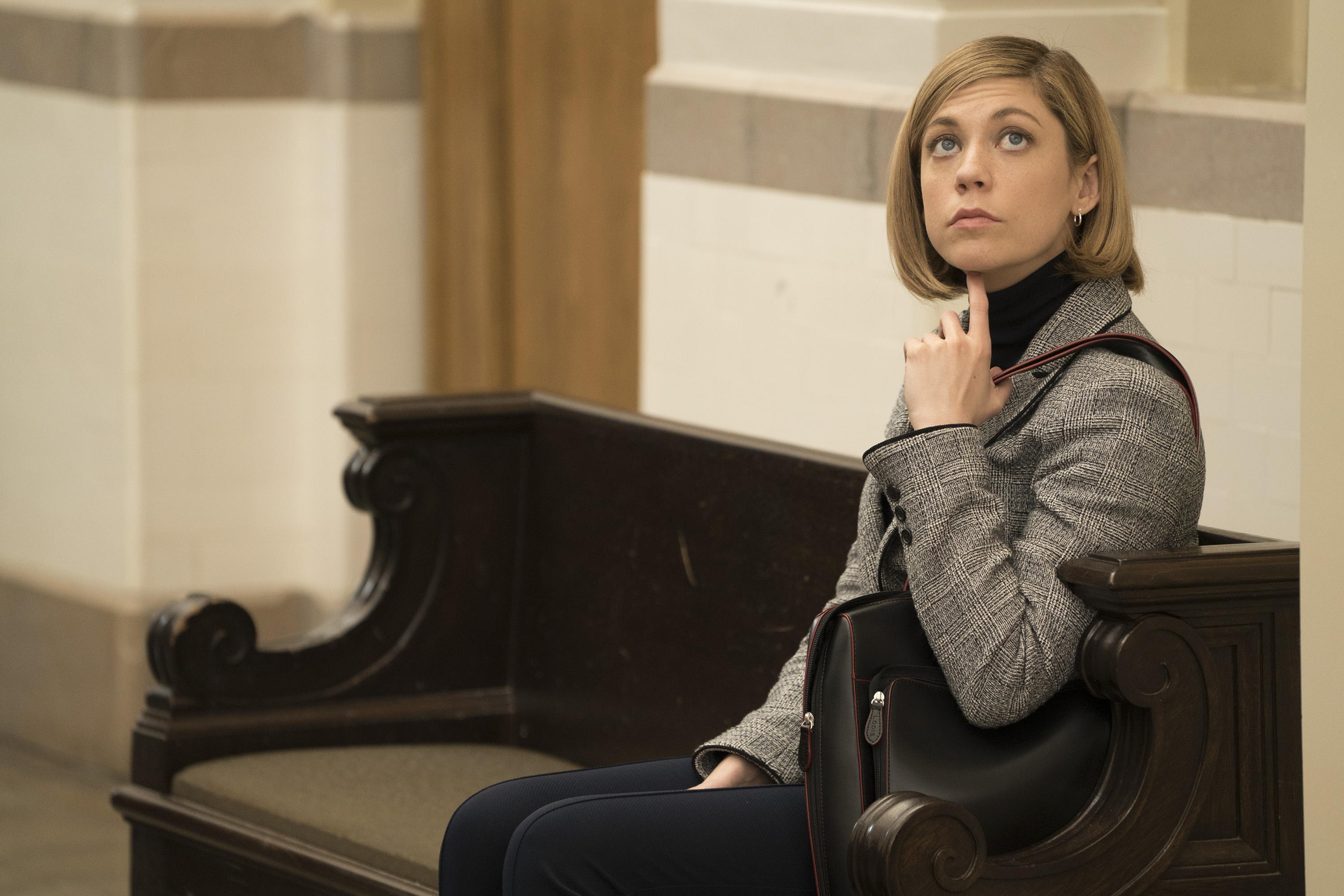

That journey - from tales around a campfire to a traveling theater troupe to a formal theatrical performance - comprises a kind of history of the future, says director Steve Cosson. You're still not telling the story realistically, but you're able to at least approach it allegorically or symbolically." "So at that point, you can take the same material and you can use it to speak more directly about what happened. "The cataclysm is still really fresh in everyone's mind because they've heard about it from someone who lived through it, but very few people are left who experienced it directly," writer Anne Washburn explains. "It's the music theater of the future," says composer Michael Friedman - "somewhere between a Passion play and a Greek drama and an operetta and a musical and a pop music concert."Īnd the story of that earthly apocalypse is woven, now, into the "Cape Feare" narrative. Burns, not to mention Itchy and Scratchy, in masks. The third act, which takes place 82 years after the apocalypse, is almost entirely musical - and highly stylized, delivered by actors playing Bart and Homer and Mr. "And it's also extremely joyful because, you know, as theater people who are making this play, the play ultimately is a real testament to the power of human storytelling." "The experience of performing inside this play is sort of like balancing on top of a scaffold over a giant chasm of grief that you never want to quite look all the way into," she says. There would be still people who would sing, who would dance, who would act, who would perform, even in the worst of times."Īctor Colleen Werthmann says she and her cast mates are constantly negotiating a razor's edge between comedy and tragedy. And we don't think probably people would want, even then, to be entertained. "When we think about apocalypse and zombie movies," he says, "we always think about society falling apart and everybody eating each other and killing each other and shooting and horror. Show composer Michael Friedman says Washburn has gotten at something about the creative impulse.

In the second act, these same strangers have formed a theater troupe that goes around the blighted, dangerous countryside, performing Simpsons episodes - complete with commercials - for other survivors. In the first act, the strangers around the fire are just trying to hold onto their immediate past - in a world where there's now no electricity, never mind Google. Burns, the "Cape Feare" episode of The Simpsons morphs from a story shared 'round a campfire to include memories of a world-changing apocalypse - and over the years it becomes a shared cultural myth for surviving generations. What version led to what version? And who are the people who change a version?" "I was thinking, 'What happens to the story? What's the game of telephone? What changes, and why does it change?,' " Washburn says. And with each retelling, the story changes. In each of its three acts, Washburn's survivors recount that Simpsons episode, which has become a symbol of all that has been lost and what hope may be found. The show had its world premiere at Washington, D.C.'s Woolly Mammoth Theatre Company, a notable new-play incubator, and runs at New York's Playwrights Horizons through Oct. Burns: A Post-Electric Play, an audacious three-act drama that takes place in three different eras: right after the apocalypse, seven years after that, and 75 years further down the road. "I wanted to take a pop-culture narrative and push it past the apocalypse and see what happened," says Anne Washburn. Something very, very bad: The electrical grid is down, nuclear plants are imploding, most of the population of the United States has been wiped out. Then one member of the group hears a sound in the woods, and all of a sudden guns are drawn. The lights come up on a group of people around a campfire in the woods, trying to recall all the details of the hilarious Simpsons episode "Cape Feare," a parody of the Robert Mitchum and Robert De Niro movies, in which Bart Simpson is stalked by the evil but incompetent Sideshow Bob. If the world as we know it comes to an end, will art survive? And if it does, what kinds of stories will be told after the apocalypse? The answer might surprise you.


 0 kommentar(er)
0 kommentar(er)
